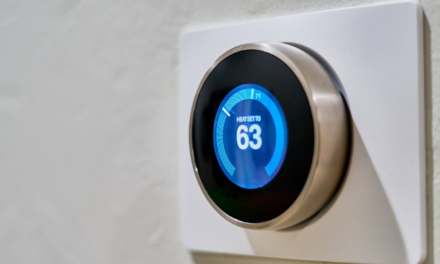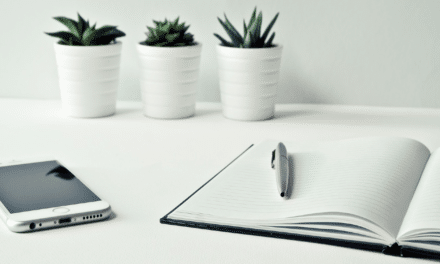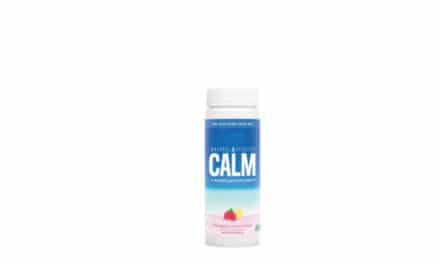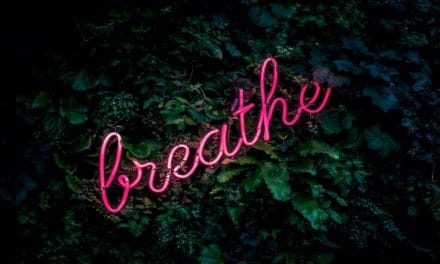Napping is a fantastic way to reduce sleep debt and reduce tiredness. I thought I would take the time to explain how I typically practice napping. I only ever nap if I am feeling sick, do not sleep long enough, if I am jetlagged, or have a poor quality sleep the night before. It may be beneficial for those who practice shift work to schedule naps during the day or night as the shifts in sleep times, amount, and quality change frequently. If you are getting reasonable amounts of restorative sleep, avoiding napping during the day is a good idea as it could make it more difficult to fall asleep.
How Long Should Naps Last?
I will use Dr Michael Breus’ article “How Long is a Power Nap” to discuss the length of naps. The article explains that power naps are short naps typically practised during work hours that can increase alertness and productivity. A power nap may also be more successful than longer naps when it comes to improving performance right after the person wakes from a nap. In my experiences, I have found that longer naps make me feel sluggish. The article explains that research suggests that shorter naps lasting 10 to 20 minutes are ideal for a power nap, but short naps lasting up to 30 minutes can be effective if practised at the right time during the day.
Experts recommend avoiding naps later in the day because it can increase sleeping difficulties at night. There is also the possibility of scheduling the nap in the post-lunch dip. The feeling of being tired following lunch can indicate your individualised time which could be helpful for you. I have found that if I nap, I prefer it to be right before or sometime after lunch. I recommend experimenting with yourself (keeping a journal to record what times and durations help you feel better) while keeping the expert recommendations in mind.
Benefits and Better Practices of Napping
Healthline’s article “Power Naps: Your Guide to Getting More Shut-Eye” gives tips on helping you nap better. The first step is to create the perfect nap environment. Ensuring the room is dark, cool, and quiet can help to nap. If you cannot control the light, temperature, or noise, taking off extra layers, wearing a sleep mask, or listening to white noise can be useful. Silencing or turning off your phone and putting a sign up in front of your door telling people that you are napping may aid in the reduction of distractions. Practising other sleep hygiene techniques like meditating, avoiding blue light through your phone or television before you nap, and making naps a routine is also good ideas.
Healthline’s article states that napping can allow the brain to recover a burst of energy, reduce toxins in the body, and improve memory capabilities. Additionally, Dr Michael Breus’ previously used article explains that the results of naps are somewhat mixed, but may result in increased alertness, improved memory and cognitive function, improved logical reasoning and learning, faster reaction time, reduced sleepiness, increased emotional regulation and improved physical performance.
Should You Nap?
I want to clarify that no nap can make up for deep, restorative sleep. Dr Michael Breus exclaims that a nap is not a substitute for sleep. If you cannot reach approximately 7-9 hours (sleep needs may change depending on the person), you may need to take longer naps, change your lifestyle, or speak to your doctor about better sleep. However, sometimes it is not possible to get this amount of sleep if you have other commitments such as work or taking care of children; naps may be beneficial from time to time. I highly recommend taking time to care for yourself and get the sleep your body needs to sustain itself. If your body is constantly not getting enough sleep and sleep debt continues to accumulate, your body will start to break down over time.
Final Statements About Napping
I hope this blog explains if, when, and how you should nap. I rarely practice napping unless I am sick, have a large amount of sleep debt, or was unable to have a quality sleep the night before. There is this stigma surrounding napping, but napping can have significant benefits if used appropriately. While napping can be beneficial, your body appreciates quality sleep much more than napping can do for you. But in the future, it can become apparent that short power naps at specific times during/after/before a long day at work or large amounts of exercise can become a universal norm worldwide.





